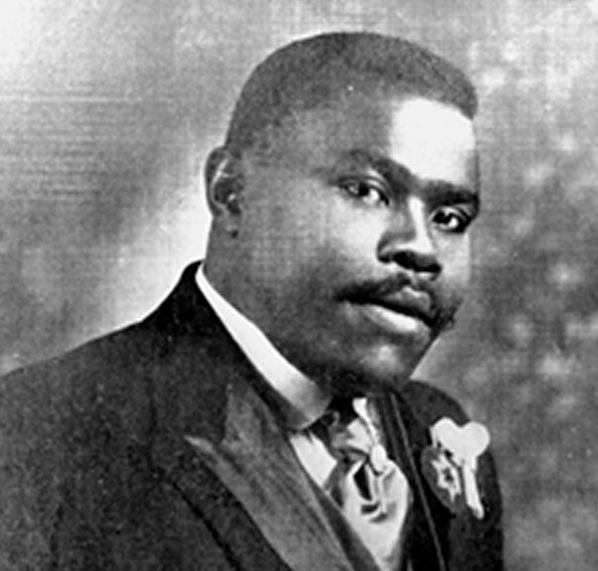The Negro Factories Corporation
"Negro producers, Negro distributors, Negro consumers!
The world of Negroes can be self-contained.
We desire earnestly to deal with the rest of the world,
but if the rest of the world desire not, we seek not."
Marcus Garvey, 1929
The Negro Factories Corporation was the finance arm of the Universal Negro Improvement Association.
A cornerstone of Garvey's vision for black economic independence, the Negro Factories Corporation was created to support businesses that would employ African Americans and produce goods to be sold to black consumers.
Garvey envisioned a string of black-owned factories, retailers, services, and other businesses and hoped the corporation would eventually be strong enough to power and sustain an all-black economy with worldwide significance.
The Negro Factories Corporation was incorporated in the state of Delaware on January 30, 1920, by Garvey, William Ferris, and John G. Bayne.
Amy Jacques Garvey was secretary of the corporation, and Cyril Henry was its treasurer.
In May 1920, just months after its founding, Garvey reported that the corporation had taken over the management of a Harlem steam laundry and would soon open a millinery and hat factory.
By June 1920, the Negro Factories Corporation had opened the Universal Steam Laundry, with a Universal Tailoring and Dress Making department, at 62 West 142nd Street in Harlem.
At this location, U.N.I.A. uniforms and insignia were manufactured, and fashionable clothing was designed for U.N.I.A. fashion shows at Liberty Hall, the U.N.I.A.'s international headquarters.
The Negro Factories Corporation also supported three grocery stores in Harlem, one on 135th Street and two on Lenox Avenue; two restaurants, one on 135th Street and the other at Liberty Hall; and a printing press.
Local U.N.I.A. branches were urged by Garvey to own their buildings, and they sometimes launched businesses as well.
For example, the Colon, Panama branch of the U.N.I.A. ran a cooperative bakery. In contrast, the Kingston, Jamaica branch ran a laundry and a cooperative bank, the shares of which were available to U.N.I.A. members only.
Garvey's vision for economic self-reliance extended beyond the Negro Factories Corporation. U.N.I.A. branches often acted as mutual aid societies, providing death benefits, small loans, and employment assistance to members.
The Negro Factories Corporation never achieved the scope or influence Garvey envisioned. Still, U.N.I.A. businesses provided an important beacon of hope for African Americans, who were shut out of large segments of the job market and the economy. At their height, U.N.I.A. businesses employed hundreds of people in Harlem.
Ultimately, the Negro Factories Corporation fell victim to organizational mismanagement and unrealistic hopes.
It became insolvent in 1921.


